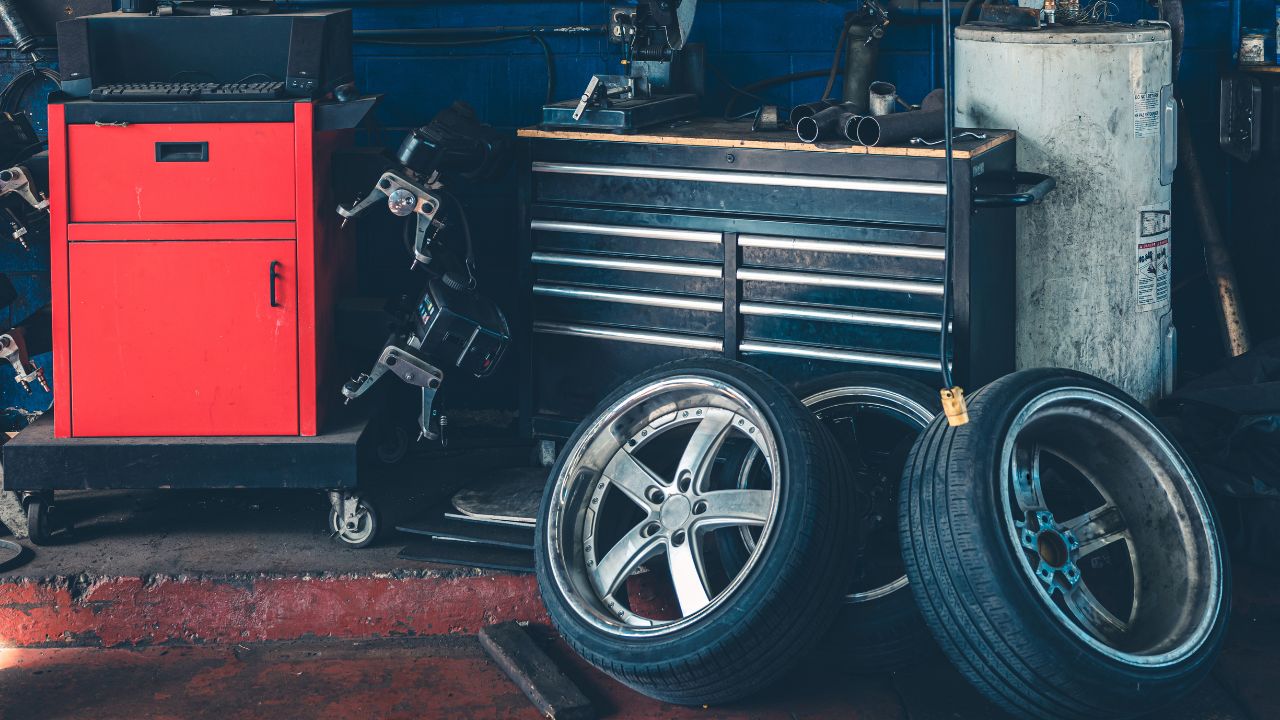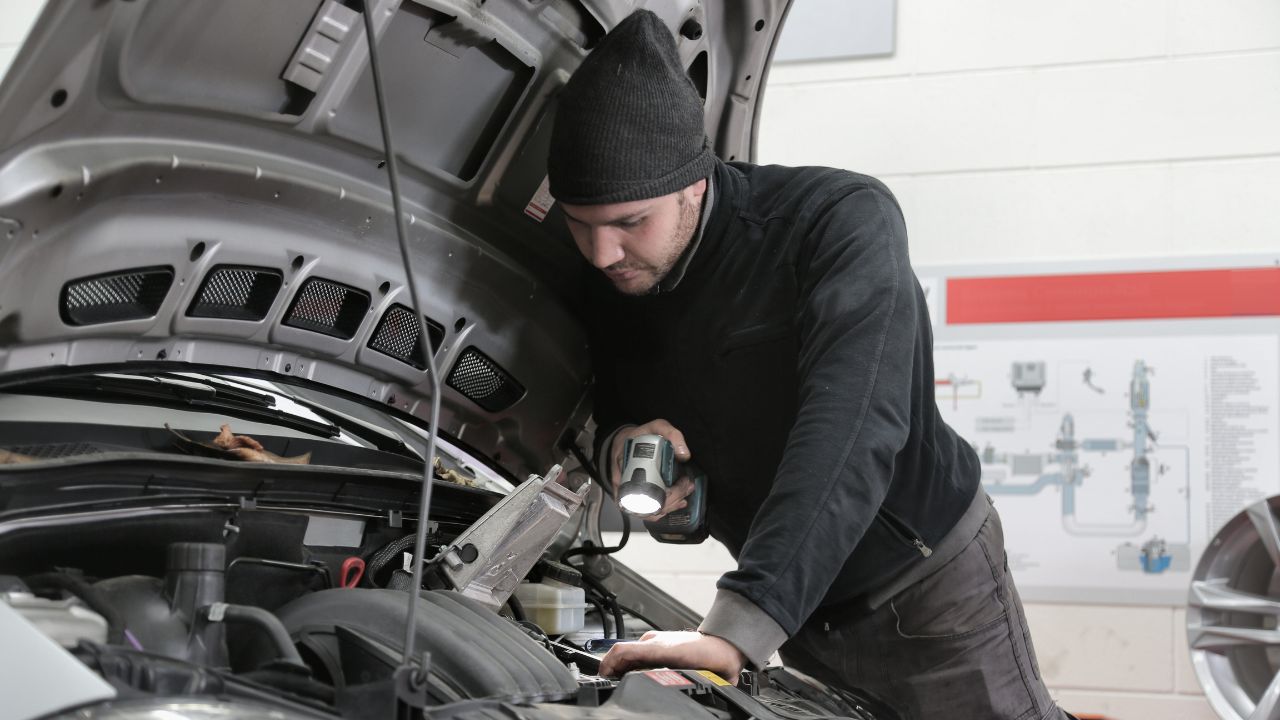While a person’s reputation has always been among their most valuable assets, in today’s world of Google searches, Yelp reviews, and X rants, a person’s reputation is so easily obtainable that only the ethical person will succeed for long.
Behaving in an ethical manner in the automotive industry goes far beyond just being a hard worker, doing a good job, and being polite to customers. With all the ins and outs of the automotive industry, it is very easy to make a few slip-ups and get away with it. It is very simple to overcharge an unwitting customer, to damage a vehicle or tool without owning up to the mistake, or to take something that nobody will notice. Conduct of the types described above may lead to short-term gain, but at the end of the day, integrity and respect for the customer and your coworkers results in long-term success.
Upselling Work & Scamming in Automotive Repair Shops
A problem that has plagued the automotive industry for years is the upselling of work. Upselling work means to sell work that isn’t necessary. Some studies estimate the percentage of money spent on unneeded repairs and fraudulent work is as high as 33%.
There is a fine line between doing maintenance and repairs before it is too late and there is catastrophic damage, and selling repairs and especially maintenance, so far in advance that it is a waste of the customer’s money.
While it is more time and cost effective for the customer to do many services at once since the technician already has the car in the shop and parts pulled off, it is not cost-effective to the customer when the technician sells work that isn’t needed. The former is done in the best interest of the customer. The latter is done in the interest of the shop or technician to make more money.
The ethical technician presents the customer with their findings of what work should be done immediately, what work can be put off to a later day, and what relevant risks might be so the customer can make informed decisions.
Even worse than upselling, some shops blatantly scam people by charging the customer for work that the shop didn’t complete. For example, my high school automotive teacher had a hose clamp loose causing his truck to leak coolant. He was wary of a shop scamming him, so he put a little sticker with his initials on it on the water pump. When the shop told him that they replaced his water pump, a $300 repair, he walked out, pulled the sticker off, and showed the manager that his technicians were trying to outright steal $300 just to tighten a clamp. This type of behavior is not just unethical, it is criminal and has no place in the automotive industry.
Ethical Practices in Flat Rate Systems: Honesty in Billing and Accountability for Mistakes
Another source of potential unethical behavior in the automotive industry is the way technicians and shops are paid. Some of the automotive industry operates on a flat rate system, where the technician is paid per job, not per hour. Every manufacturer has their book of labor times. If the book says it takes 7.2 hours to replace a transmission and the technician completes the job in 5 hours, he still gets paid 7.2 hours. The flat rate system also works the other way, where if the technician breaks a bolt or forgets to put a part inside and it ends up taking the technician 9 hours, he still gets paid 7.2 hours.
Sadly, it is common for the shop to make the customer pay for the technician’s mistake by padding times to make up for time lost to a broken bolt or having to do the job over again. Behaving ethically in the automotive industry means being honest with the customer, owning up to mistakes, and fixing them on your dime, not the customer’s.
Upholding Accountability: Addressing and Correcting Mistakes with Customer Vehicles
Finally, some shops will damage a customer’s car and will leave the customer on the hook for the bill. As technicians, we do our best to return the customer’s car in better condition than when we got it. It can be easy to forget a floor mat and leave boot prints on the floor mat, forget to take off your gloves to do something quick inside the car and leave fingerprints in the car, or forget to take your light out of your pocket and put a little scratch on the fender.
Nobody is perfect, but the right thing to do is to inform the customer that you damaged something and offer to fix it, clean it, or replace it. That is, to admit your fault and make it right—no matter how small the scratch, chip, smudge, or tear on their vehicle. Fixing damage to a customer’s vehicle all comes down to respecting them and their property by owning up to any mistakes made.
Cultivating Respect: Valuing Coworkers, Tools, and the Shop Environment
Respect in the automotive industry goes beyond respecting the customer, it also means respecting your coworkers, tools, and the shop.
Tools are expensive and not every technician can afford every tool for every job, which makes borrowing tools a very common practice around a shop. It should be common practice to borrow a tool and return it in a timely manner and in better condition than it was received. If a tool is handed to you covered in oil, you should clean it before returning it. If a borrowed tool is broken while it is in your possession, you fix it or replace it. Nothing is worse than broken tools, especially if it was lent out and returned broken.
The same can be said about shared shop equipment. For example, if a tire machine is broken the shop will not expect one person to replace a whole $20,000 machine. The damage needs to be reported to someone in charge who is capable of deciding how to fix or replace the damaged machine. It is easy to break a shop machine and walk away and leave it for the next guy. While it does not feel good to walk into your boss’ office and say, “I broke the shop’s XYZ”—because you know your boss will be upset with you, the workflow will be interrupted, and you may be on the hook for replacing it—owning up to your mistake is the right thing to do.
The Importance of Integrity and Ethics in the Automotive Industry
Research shows that 78% of people with cars don’t always trust their mechanics. For some, being a good person in an industry that is typically regarded as untrustworthy and filled with scammers is hard. It may be easy to oversell and charge the price of a big job when it’s a quick fix, or to make the customer pay for your mistakes. It may be easy to be unethical and cheat the system, at least in the short term. But in the long term, and extending beyond the automotive industry, even if you have nothing, all you have is your word and your integrity. Billing honestly, respecting customers, respecting coworkers, and respecting the shop are all examples of how a technician can behave in a professional, ethical manner in the workplace.
In my mind, it all comes down to being a good person, and if you are a good person in life, keep your word, and have respect and integrity, all of that will carry over into the workplace. Finally, as my mom told me time and time again, “Someone is always watching; the truth will come out.”
Guest blog post by Nicolas Wiltse, Automotive Technician at Commercial Tire. Nick wrote this article several years ago when he was a freshman at Idaho State University studying Automotive Technology and Business Management.
Editor’s Note: Last updated July 2024. This article was originally published in December 2021 and has been revamped and updated for accuracy and comprehension.






